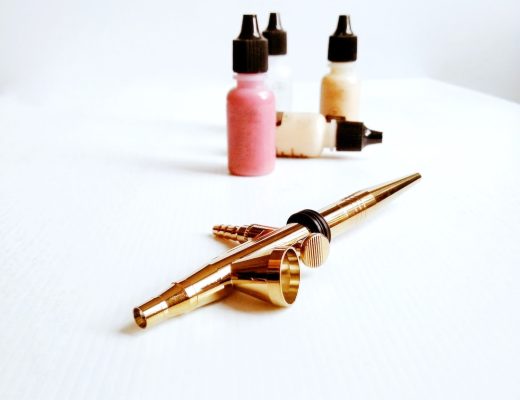Scars are a natural part of the healing process after an injury or surgery. While some scars fade over time, others may remain visible for a long period. If you are wondering whether a scar will eventually go away, here are some factors to consider:
1. Type of scar
There are different types of scars, including:
- Hypertrophic scars: These scars are raised and red, but they usually flatten and fade over time.
- Atrophic scars: These scars appear sunken or pitted and may not completely go away.
- Keloid scars: These scars extend beyond the original injury and may require medical treatment to improve their appearance.
- Contracture scars: These scars occur after a burn and may tighten the skin, limiting movement.

2. Healing time
The time it takes for a scar to fade can vary depending on several factors, such as:
- Severity of the injury: Deep wounds or those that require stitches may take longer to heal and result in more noticeable scars.
- Individual healing process: Everyone’s body heals at a different rate, so it’s essential to be patient and give your body enough time to recover.
- Scar location: Scars in areas with more blood supply, such as the face, tend to heal better and fade faster.
- Proper wound care: Following your healthcare provider’s instructions for wound care can promote better healing and reduce the visibility of scars.
3. Scar treatment
There are various scar treatments available that can help improve the appearance of scars, including:
- Topical treatments: Over-the-counter creams and ointments containing ingredients like silicone or vitamin E can be applied to scars to moisturize the skin and help reduce their visibility.
- Medical procedures: Procedures like laser therapy, dermabrasion, or steroid injections can be used to treat more severe scars.
- Surgical scar revision: In some cases, a scar may require surgical intervention to improve its appearance or minimize its size.
While some scars may naturally fade over time, others may require additional treatments or interventions to become less noticeable. It’s crucial to consult with a healthcare professional or dermatologist for an accurate assessment of your scar and appropriate treatment options.

